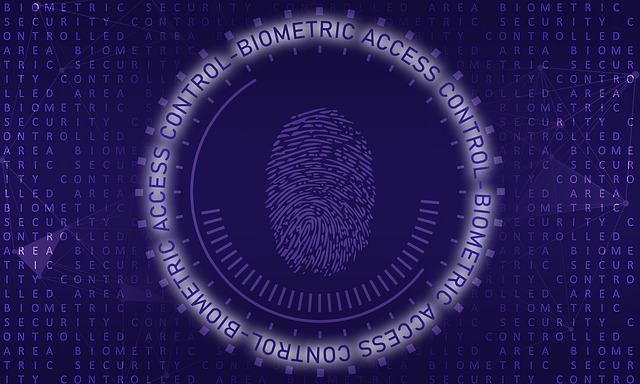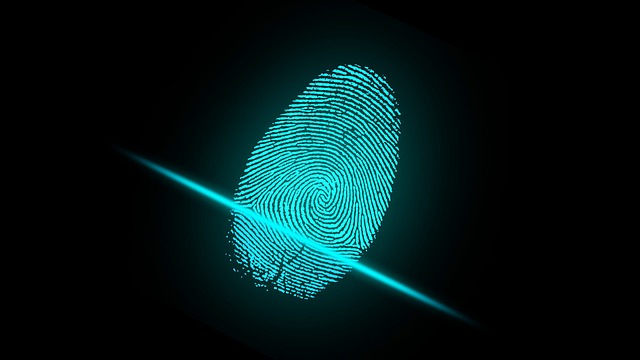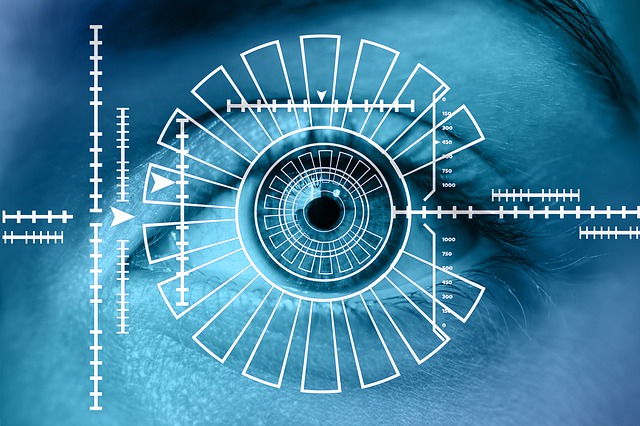Identity management refers to the framework of technologies and policies that ensure proper people in an organization have seamless and appropriate access to technological resources.
As a matter of fact, decentralized identity services are expected to be ready for broad production scenarios in the year 2020. So much so, the sector of academics, in addition to APA reference generator and other conventional citation tools, has come up with Biometric format citation software to identify and cite all digital files.
These clearly indicate the fact that the identity management system is one domain that is being prioritized for future security endeavors. And it can only be made better by marrying the concept of biometrics to identity management systems. The application of biometrics in the domain of identity management is unfathomable due to a variety of reasons.
Explore this blog, read through the informative sections and take-home useful insights regarding the use of biometrics in digitized identification systems.

Fingerprint And Facial Scans
Talking of biometrics and identity management systems, this aspect gets a special mention here. According to report by IBM, it has been found that 87% of respondents believed they would feel comfortable using fingerprint and facial scans soon as well.
Introducing fingerprint and facial scan technologies to the realm of identity management will bring a positive impact on it in the following ways.
- 3D mapping and the aspects of deep learning associated with Facial Recognition Technology make highly confidential data and identity-based materials harder to crack for potential hackers.
- Since fingerprint or Facial Recognition Technology is entirely based on the concept of automation, it eliminates the need for 24/7 manual surveillance.
- Fingerprint recognition technology used in identity management provides enhanced security as human fingerprint comprises unique ridges and whorls that are difficult to trick.
- In addition, fingerprint scanners can scan many potential suspects and check identifications from remote locations as well.
Biometric Intelligence Harnesses Human Behaviour For A Secured Tomorrow
According to a survey, it has been figured out that by the year 2021, 99% of the U.S. Smartphone devices will be powered by biometric. Here are the possible benefits of biometric intelligence one can enjoy soon.
- As biometric data is typically encrypted during the time of information gathering and verification, it enhances security. In addition, it prevents the use of biometric credentials for identity theft.
- Unlike other physical biometric technologies, behavioural biometrics can be gathered with the use of existing hardware. All you may need in the process is software for analysis.
- Behavioural biometrics is considered much simpler and less expensive from several aspects..

A Convenient Alternative To Identification
People are of the opinion that biometric technologies provide secure and convenient alternatives to authorisation, authentication and identification. This is one of the most notable dimensions that explain the role and benefit of biometrics in identification management systems
- Biometrics in identification process develops and implements certain capabilities for the clients.
- These include program management, technology roadmapping, public key infrastructure support, identity resolution and terrorist screening services.

Biometrics Technology In Event Identifying Domain
The process of event identification involves identifying all prospective events from internal and external events that may affect an organisation’s achievement goals. This includes differentiation of events that involve or represent risks, opportunities or both.
It is to be mentioned that Biometrics technology has now been introduced to the realm of event identifying domain as well. It is said to create wonders in the following ways.
Event biometric marketing: Biometric technologies implemented in smart devices help individuals gather emotional and biological data in order to enhance event planner’s understanding of the prospective attendees.
Wearables are expected to replace badges: The conventional event badges might soon be discontinued. There are speculations that biometric identifiers may replace the traditional badges with enriched abilities to gather data in bulk, in a digitally secured way.
Attendee biometric tracking: In addition to each of the advancements as mentioned above, even managers may soon be able to harness the potential of attendee biometric tracking. Soon, event organisers and hosts may be able to monitor the frequency of brain activity and pulse rate of potential guests.

The Future Is Here
With each of the revelations, as mentioned above, it seems that biometric, as a technology, has come a long way, especially with its contribution to the domain of identity management. Now that you are aware of the key roles of biometrics in the field of identification management systems, here’s a quick glance of the things we have learned so far. Look.
- Fingerprint and facial scan technologies have already made their presence felt.
- Biometric technology is utilizing human behavior for a secure tomorrow.
- Technology is also considered as a rightful alternative to traditional identification.
- The domain of event identification is being backed by the advancements brought forth in Biometric technologies.
So, let’s keep an eye on the days to come, and embrace the benefits of biometrics across all identity management platforms.
Author Bio: Bella Jonas is a professional tech blogger who is currently working at one of the leading IT firms in New York, USA. She has been in the field for nearly eight years. She holds a great deal of knowledge of various technological innovations. She is also a notable member of Allessaywriter.com as an academic essay writer.















